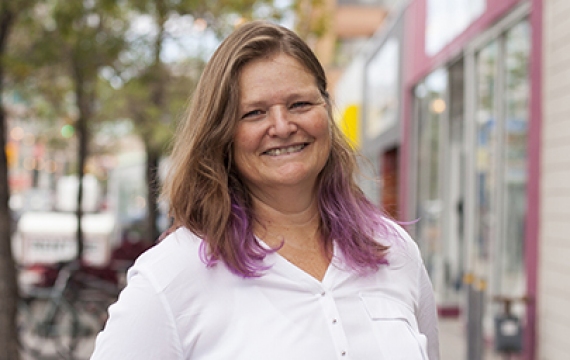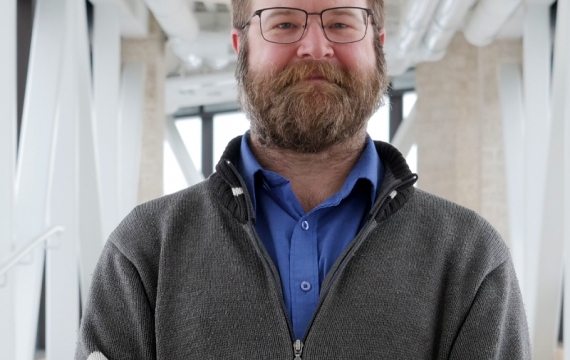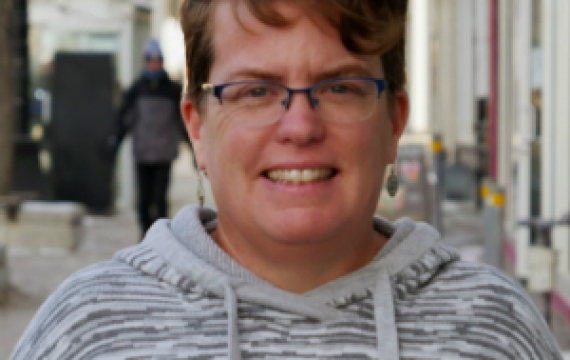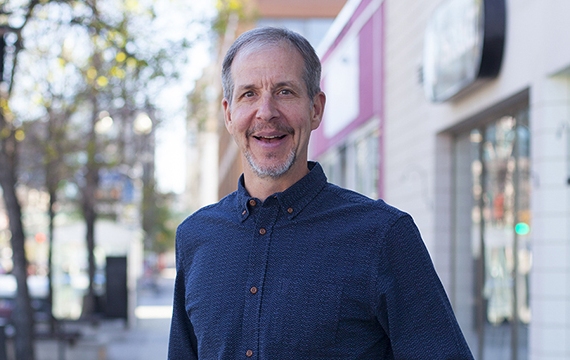
CRS and IDS influencers from the African diaspora
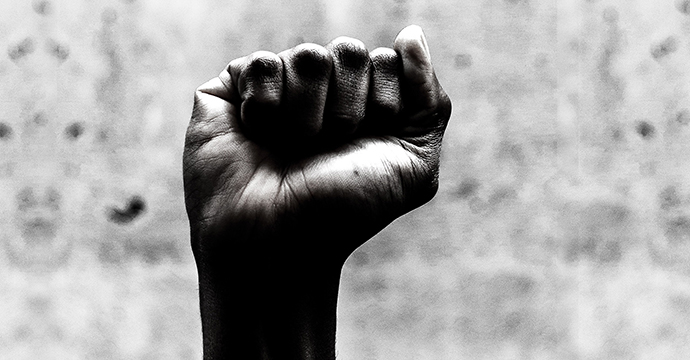
February has almost flown by, but we didn't want to let it slip away without marking Black History Month!
This year, we want to highlight influential people from the African diaspora who are working in International Development and Conflict Resolution—experts our professors reference regularly in their classes.
First up is Daniel Hunter, organizer, strategist, and author of Strategy and Soul: a campaigner's tale of fighting billionaires, corrupt officials, and Philadelphia casinos, and Building a Movement to End the New Jim Crow: an organizing guide.
Karen Ridd, Instructor in Conflict Resolution Studies at MSC, has been using his books as texts in the Non-Violent Action for Social Change classes for years.
"I met Daniel Hunter 20 years ago when we were colleagues at Training for Change in Philadelphia, Pennsylvania," says Ridd. "He's one of the most creative, smart and dynamic trainers I've ever worked with. He's an activist, practitioner and an academic, who strategically and effectively uses concepts of Non-Violent Action in order to 'win' campaigns - such as Casino-Free Philly."
Next is Dr. Hamdesa Tuso, Assistant Professor of Peace and Conflict Studies at the University of Manitoba, and author of Creating the Third Force - Indigenous Processes of Peacemaking, and co-editor of Peace on Earth: Religion and Peacemaking.
Dr. Stephanie Stobbe, Associate Professor of Conflict Resolution Studies at MSC, has worked with Dr. Tuso and references his work in her Conflict and Culture classes.
"Dr. Tuso is considered an expert on Indigenous peacemaking," says Dr. Stephanie Stobbe. "His work focuses on Indigenous systems and practices for peacebuilding and acknowledges the significance of Indigenous peoples and women in peacemaking."
Dr. Thandika Mkandawire, is a Professor of African Development at the London School of Economics and Political Science, and has written numerous articles and chapters including recent works like Neopatrimonialism and the political economy of economic performance in Africa: critical reflections and The spread of economic doctrines and policymaking in postcolonial Africa.
"When I was trying to understand the impacts of structural adjustment on African countries, his work was a great help," said Ruth Rempel, Associate Professor of International Development Studies. "It went beyond a description of the problems to proposals for African alternatives. I think he's helped shape the debate on this and other development issues throughout the continent, and in institutions like the World Bank." Rempel has introduced her students to Mkandawire, too, one of whom did a very fine intellectual profile of Mkandawire for a research paper, she says.
Dr. Patricia Hill Collins is a Distinguished University Professor in the Department of Sociology at the University of Maryland. She is the author of several books including Black Feminist Thought: Knowledge, Consciousness, and the Politics of Empowerment, and most recently Intersectionality, co-authored with Sirma Bilge.
"In my research and teaching, I am interested in examining the relationship between identities and power," says Dr. Jodi Dueck Read, Instructor in Conflict Resolution Studies at MSC. "Patricia Hill Collins' work on intersectionality illustrates the various ways that identities intersect and oppressive social powers operate."
These are just a few of the many, many people from the African diaspora who are making an impact in the fields of international development and conflict resolution. Who comes to mind when you think of people of colour who are influencing these fields? Share your thoughts with us at msc
